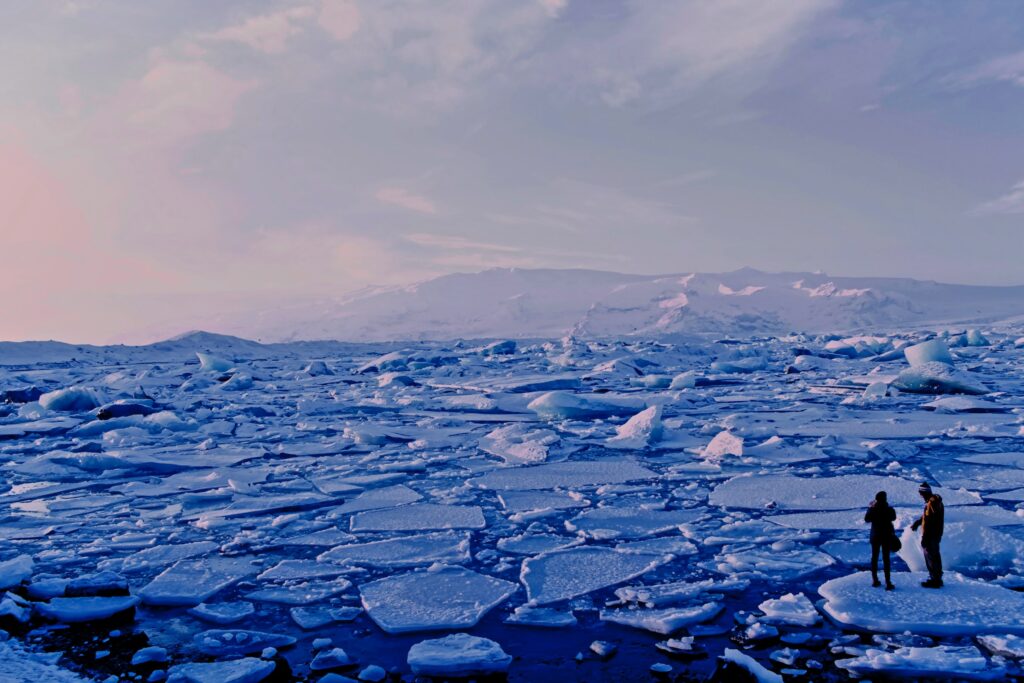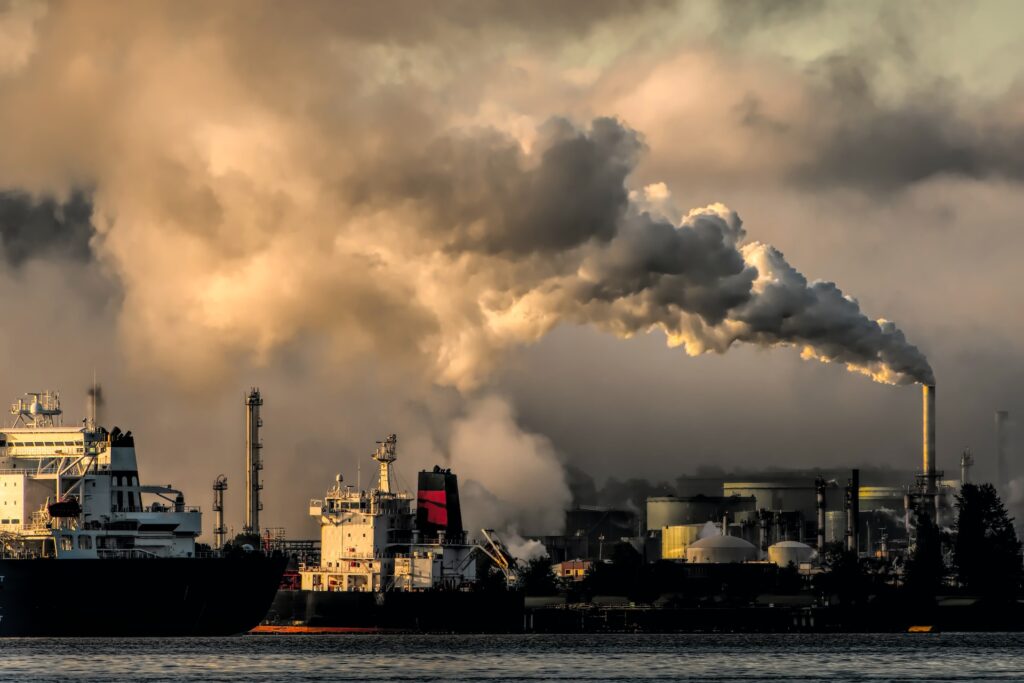Oceans reached hottest ever temperatures in 2022, says study

The world’s oceans were recorded as being the hottest ever in 2022, a study has demonstrated, revealing the extensive impact that human-caused emissions are having on the planet.
The results were produced by an international team of scientists, which conducted a new ocean heat analysis.
The analysis, published in the journal Advances in Atmospheric Sciences, used temperature data collected by instruments placed globally and combined the findings with analyses conducted by teams in China and the US to calculate the heat in the top 2km of the ocean — where most heating is concentrated.
More than 90 per cent of the excess heat trapped by global greenhouse gas emissions is absorbed in the oceans. Reliable temperature measurements only stretch back to the mid-20th century, but scientists agree it is likely the oceans are now at their hottest for a millennium and are heating faster than at any time in the last 2,000 years.
The report finds that the oceans absorbed about 10 zettajoules more heat in 2022 than in 2021. (One zettajoule is 1,000,000,000,000,000,000,000 joules). This is equivalent to every person on Earth running 40 hairdryers all day, every day.

The researchers also analysed the salinity of the oceans, which is an important factor in healthy ocean circulation. The study found that salinity became more variable than ever before across the oceans in 2022, and stratification — the layering of water by density — has become stronger. This, in turn, is preventing cooler, more nutrient-rich water from mixing with the waters at the surface and preventing the ocean from absorbing carbon dioxide from the atmosphere, increasing global warming.
Prof John Abraham, at the University of St Thomas in Minnesota and part of the study team, tells the Guardian: “If you want to measure global warming, you want to measure where the warming goes, and over 90% goes into the oceans.
“Measuring the oceans is the most accurate way of determining how out of balance our planet is. We are getting more extreme weather because of the warming oceans and that has tremendous consequences all around the world.”
The international team of scientists that produced the analysis concluded: “The Earth’s energy and water cycles have been profoundly altered due to the emission of greenhouse gases by human activities, driving pervasive changes in Earth’s climate system.”
In October, the World Meteorological Organization reported that the atmospheric concentration of all the main greenhouse gases had reached record highs. WMO head Prof Petteri Taalas said: “We are heading in the wrong direction.”










